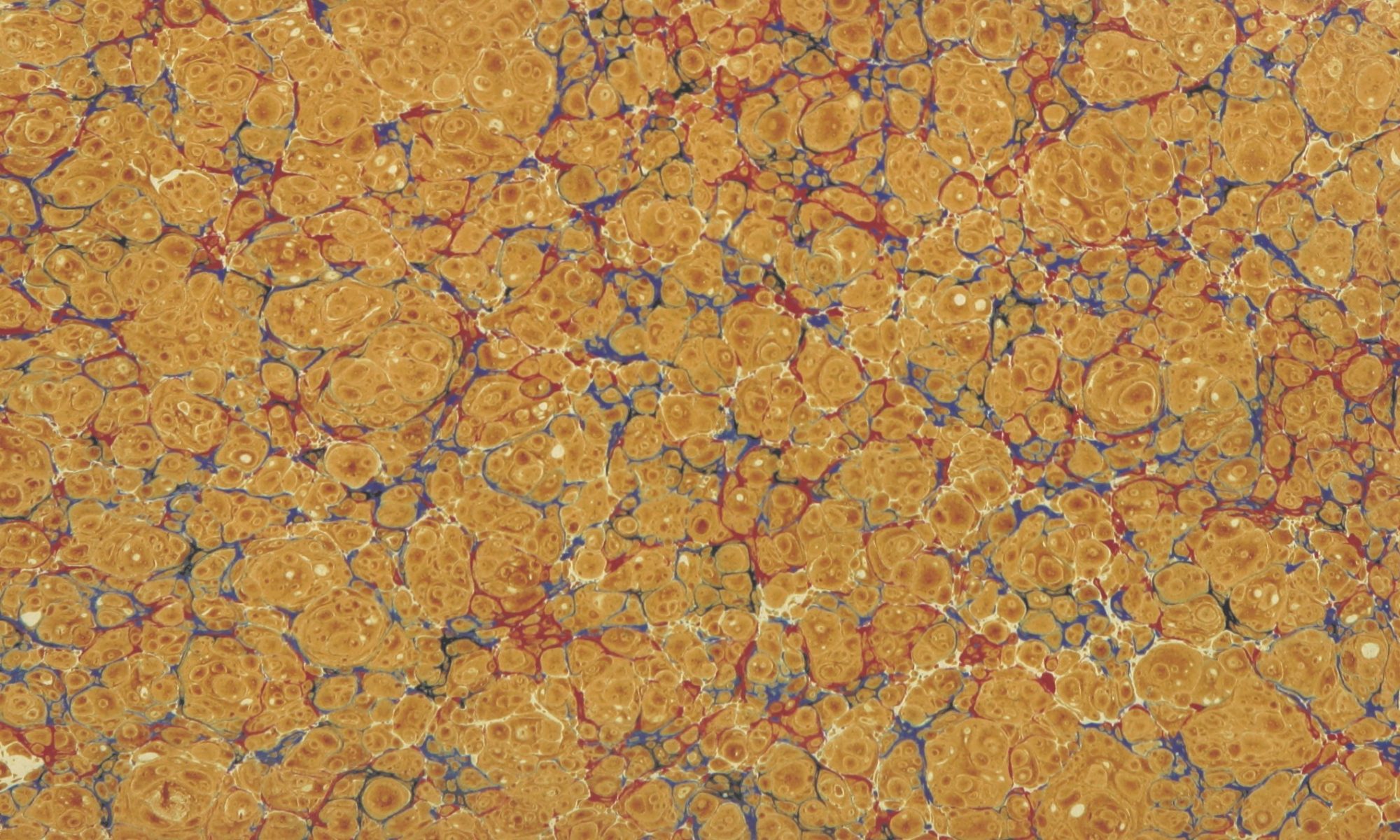
Translated and read by Parvati Nair (Queen Mary University of London)
(…) I speak of the city, shepherd through the centuries, mother that engenders us and devours us, invents us and forgets us.
Octavio Paz
Our historians, who are the most perceptive in the world, have invented a method to correct chance; it is well known that their modus operandi are (in general) reliable; although, naturally, they are not divulged without some degree of sham. (…) Babylon is nothing but an infinite game of dice.
Jorge Luis Borges
At every step, the game of dice fords borders
Like a geometric incantation
Of alcohol that distributes
The consolation of freedom
Through the viscosity of the universe
That demolishes the solidity of the ideogram
That falsely opens itself up, without ink,
To inscribe its chance on the passage of the stars
That wrench, swiftly, their yes and no
From fate
In the last glimmer of your life
To announce, in full darkness,
That the life of others continues.
Time has taken it upon itself to populate the world with borders
So that only in utopia may one find the fluidity of the universe
Plethora of painful scribbles
In the barbed wire that upholds maps
Like a silkworm ready to rip every fabric.
Thus they planted the flags
Even into the depths of the ocean,
But these are tacit demarcations for stray fish.
To chart the future of the passers-by
The adjacent spaces mitigate loneliness
Among languages that separate and force conquests
Attributed to nations and documents invented
With stamps and citizenships to judge the other as other,
To have an I without a you that shapes me
And releases me errant to roam the world of appearances
In the fragile light marked by geopolitical daggers
Where words, inescapable words,
No longer say anything in the vacuity of the spaces
That are no longer reconcilable in the finite density
Of the spiral of time,
That rises between the sacred and the perverse,
Between the absurd and the arcane,
Between the abominable and the opposed.
Borders, borders, countless borders;
Among adjacent homes, borders;
Every day, borders;
In the grit and the grief, borders.
The deserts claim their spaces
And the Sahara stops at red lines
That the desert dunes have blurred
To turn a tent into my home,
So temporary and yet so permanent, in the inhospitable
Spaces of the planet, in horizons
Surrounded by an impenetrable light
That pierces the debris of nothingness.
We are shadows in suspense,
Transparent apparitions in the middle of a desert,
Which could well be that of Algeria,
Waiting for over a quarter of a century for a boat to arrive,
A ship, a god able to overcome the impossibility
Of borders, of exploding mines forever,
Of making my city that old crystalline stop by the sea,
But problems do not fit in the swing of the world
If they do not come from the North or the empire;
My life is circumvented in the humanitarian rhetoric
That follows earthquakes that awaken the news
On any television channel,
And a light breaks the walls that are built
Day after day, walls that are broken ceaselessly,
But which alter their ways from country to country,
Interminable walls which, like stars,
Return faithful to the night.
We need one of those white nights of the Arctic,
Just one of those nights,
To see forever the face hidden
In the ruins of time.
Who turned the imaginary shreds of doubt
Into the slippery space of rhetorical
Truths that are reinforced by cartographers
In the wake of military imperatives, that raise statues,
Monuments with which to sculpt our history,
To turn myth into a fertile orchard,
The sole sustainable nourishment for the people
Who float and float, without thinking,
Dragged from shop to shop
By the new storms of mis-sold wealth,
By the desire of the insatiable,
In the immensity sliced by borders.
I inhabit this pariah space in the hangars of the abyss
In the hope of a certain flight to another place.
The borders are of solid glass
Awaiting the fire needed to overcome its form,
So that from the province of the kingdom
Following every stroke of the hammer another nation ready to fight may be forged,
Republic of dreams already achieved,
Of grafts that separate what sap unites
In the timeless vestibules
That welcome the tourist in passing,
For whom the altars are museums of infamy.
The deep waters bear the separation of spaces,
Like lacustrine thought between languages
That separate Romania from Ukraine, an abyss,
Between metal alloys and migratory birds
Replicated in the cornices of other houses that stand
Between Fuerteventura and Morocco,
Adrift between Korea and Japan,
The perennial battle for land
Between India and Pakistan,
Between China and India,
Lines of control between Tijuana and San Diego,
Whilst Europe is an island that spreads.
Borders, borders, innumerable borders
That are replicated in every broken mirror of dawn.
… hablo de la ciudad, pastora de siglos, madre que nos engendra y nos devora, nos inventa y nos olvida.
“Hablo de la ciudad”, Octavio Paz.
Nuestros historiadores, que son los más perspicaces del orbe, han inventado un método para corregir el azar; es fama que las operaciones de ese método son (en general) fidedignas; aunque, naturalmente, no se divulgan sin alguna dosis de engaño. […] Babilonia no es otra cosa que un infinito juego de azares.
“La lotería de Babilonia”, Jorge Luis Borges
A cada paso el azar vadea las fronteras
como en un conjuro geométrico
preparado con el alcohol que reparte
el consuelo de la libertad
en la viscosidad del universo
que demuele la solidez del ideograma
que falsamente se abre, sin tintas,
a inscribir su suerte en la traslación de las estrellas
que arrancan, fugaces, del sino,
su sí y su no,
en el último destello de tu vida,
para anunciar, en plena oscurana,
que la vida de los otros continúa.
El tiempo se ha encargado de poblar el mundo de fronteras
para que sólo en la utopía se encuentre la fluidez del universo,
plétora de garabatos dolorosos
en el alambre de púas que sostiene los mapas
cual gusano de seda listo para rasgar todo tejido.
Así plantaron las banderas
hasta en las profundidades del océano,
mas son demarcaciones tácitas para los peces parias.
Para trazar el futuro de los transeúntes
los espacios contiguos mitigan la soledad
entre lenguas que separan y obligan las conquistas
atribuidas a naciones y papeles inventados
con sellos y ciudadanías para juzgar al otro como otro,
para tener un yo sin un tú que me estructure
y errante me suelte a rodar por un mundo de apariencias
en la frágil luz marcada por puñales geopolíticos
en los que las palabras, ineludibles palabras,
ya no dicen nada en la vacuidad de los espacios
que ya no son reconciliables en la finita espesura
de la espiral del tiempo,
que se alza entre lo sagrado y lo perverso,
entre lo absurdo y lo arcano,
entre lo abominable y lo opuesto.
Fronteras, fronteras, innumerables fronteras;
entre casas colindantes, fronteras;
a diario, fronteras;
en el roce y en la pena, fronteras.
Los desiertos reivindican sus espacios
y el Sahara se detiene en líneas rojas
que las dunas del desierto han ido borrando
para hacer de una jaima mi casa,
tan temporal y permanente, en los inhóspitos
espacios del planeta, en horizontes
rodeados de una impenetrable luz
que horada los escombros de la nada.
Somos sombras suspendidas,
apariciones transparentes en medio de un desierto,
que bien puede ser el de Argelia,
esperando más de un cuarto de siglo que llegue un barco,
un navío, un dios capaz de vencer la imposibilidad
de las fronteras, de reventar las minas para siempre,
de hacer de mi ciudad el viejo paso cristalino frente al mar,
pero en el vaivén del mundo no caben los problemas
que no vengan del Norte o del imperio;
mi vida se elude en los discursos humanitarios
tras los terremotos que despiertan las noticias
en cualquier telediario,
y una luz rompe los muros que se alzan
día a día, muros que se quiebran sin pausa,
mas que mudan sus costumbres de tierra en tierra,
muros interminables que cual estrellas vuelven
fieles a su noche.
Necesitamos una de esas noches blancas del Ártico,
tan solo una de esas noches,
para ver por siempre la cara que se oculta
en las ruinas del tiempo.
Quién hizo de los trazos imaginarios de la duda
un espacio escurridizo de verdades
retóricas que implementan los cartógrafos
tras dictados militares, que levantan estatuas,
monumentos para ir esculpiendo nuestra historia,
para hacer de la leyenda el huerto de cultivo,
el único alimento sostenible para el pueblo
que flota y flota, sin pensar,
arrastrados de comercio en comercio
por los tiernos vendavales de la riqueza mal vendida,
por la aspiración de lo insaciable,
en la inmensidad cercenada por fronteras.
Habito ese espacio paria en los hangares del abismo
en espera de un vuelo certero hacia otra parte.
Las fronteras son de vidrio macizo
a espera del fuego necesario para vencer su forma,
para que de la provincia del reino
tras cada martillazo se forje otra nación en pie de lucha,
república de sueños ya cumplidos,
de injertos que separan lo que la savia une
en los vestíbulos inmemoriales
que acogen al turista que va de paso,
para quien los altares son museos de la infamia.
Profundas, las aguas llevan la separación de los espacios,
como el lacustre pensamiento entre las lenguas
que separan a Rumanía de Ucrania, un abismo,
entre aleaciones minerales y aves migratorias
duplicadas en las cornisas de otras casas que se alzan
entre Fuerteventura y Marruecos,
a la deriva entre Corea y Japón,
el litigio perenne por la tierra
entre la India y Pakistán,
entre China y la India,
líneas de control entre Tijuana y San Diego,
mientras Europa es una isla que se ensancha.
Fronteras, fronteras, innumerables fronteras
que se duplican en cada espejo roto del amanecer.
De Fronteras: ¿el azar infinito? [Borders: An Infinite Game of Dice?] (Leiden: Bokeh, octubre 2018)


